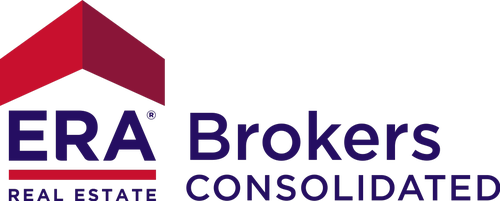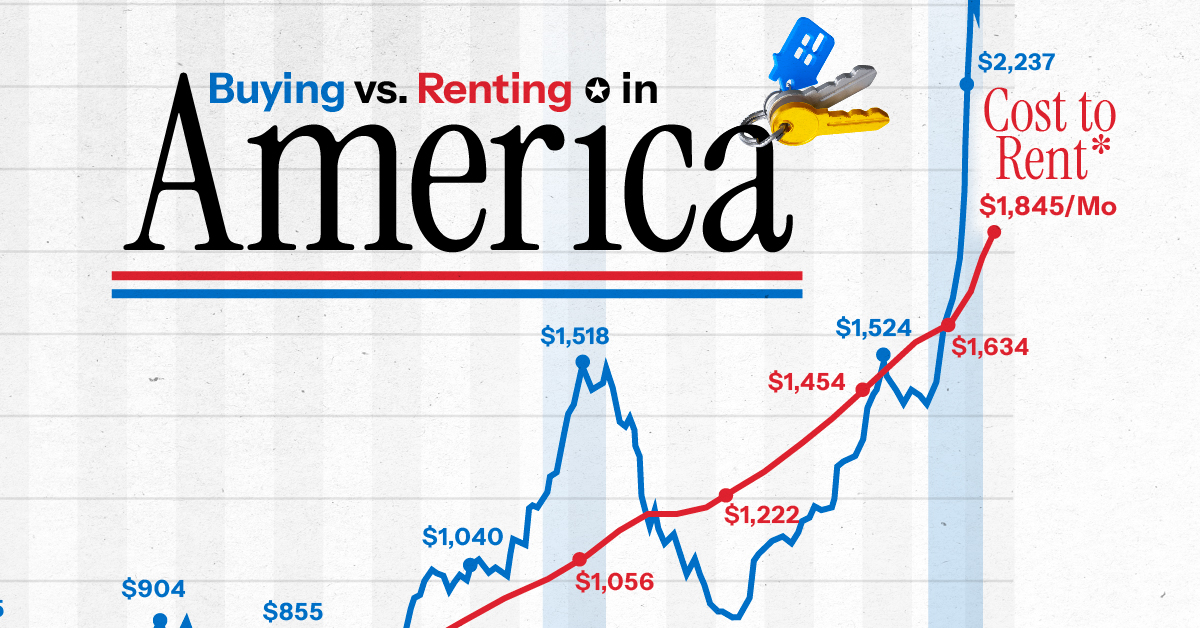Overview
The choice between buying and renting is rarely clear-cut—it depends on personal finances, lifestyle, housing market conditions, and long-term plans. Let’s explore both sides:
Renting: Benefits & Drawbacks
Pros of Renting
| Advantage | Description |
|---|---|
| Lower Monthly Costs | Renting is generally less expensive; average mortgage + insurance + taxes exceed rent in all 50 largest U.S. metros in 2025 Keeping Current Matters+3Keeping Current Matters+3Crews Bank & Trust+3mainehousing.org+2Crews Bank & Trust+2Bankrate+2Zillow+2. |
| Flexibility | Easy to move or relocate without the burden of selling a property ZillowEmpeople. |
| Minimal Maintenance | Landlords typically handle repairs and upkeep, reducing unexpected expenses Zillow. |
| Predictable Living Costs | Rent is often fixed for the lease term, unlike fluctuating ownership costs InvestopediaMoneyGeek.com. |
| Accessibility | No need for a down payment, ideal for those without large savings EmpeopleMoneyGeek.com. |
Cons of Renting
| Disadvantage | Explanation |
|---|---|
| No Equity Building | Rent payments contribute to a landlord’s equity, not yours Crews Bank & Trust+14Investopedia+14Reddit+14. |
| Rent Increases | Prices can rise, making long-term cost projections uncertain The Truth About MortgageNew York Post. |
| Lack of Stability | Tenancy can be ended or terms changed by the landlord The Truth About MortgageInvestopedia. |
| Limited Personalization | Customization and personalization options are often restricted The Truth About MortgageReal Simple. |
| No Tax Benefits | Renters typically don’t benefit from deductions like homeowners do The Truth About MortgageMoneyGeek.com. |
Buying: Benefits & Drawbacks
Pros of Buying
| Advantage | Description |
|---|---|
| Equity & Wealth Building | Ownership builds equity over time—owner equity often represents 50–70% of net wealth The Economic Times+6Keeping Current Matters+6Keeping Current Matters+6Wikipedia. Average equity among mortgage-holding homeowners is $311,000 The Sun+4Wikipedia+4The Mortgage Reports+4. |
| Stability & Autonomy | Owning provides long-term security and freedom to make changes to your home Investopediamainehousing.org. |
| Tax Advantages | Homeowners may deduct mortgage interest, property taxes, and more—enhancing financial returns MoneyGeek.comNational Association of REALTORS®. |
| Fixed-Rate Payment Stability | Lock in predictable monthly payments that can offer stability over time National Association of REALTORS®. |
| Emotional Satisfaction | Many homeowners report higher life satisfaction; 90% felt happier since owning, and 78% said they’d never rent again The Mortgage Reports. |
Cons of Buying
| Disadvantage | Explanation |
|---|---|
| High Upfront & Ongoing Costs | Includes down payment, closing costs, taxes, insurance, HOA fees, and maintenance Cornerstone Blog+14mainehousing.org+14Investopedia+14InCharge Debt Solutions+2texastechfcu.org+2. |
| Market Risk | Home values may decline, especially in volatile markets mainehousing.orgNational Association of REALTORS®. |
| Illiquidity | Selling property can be slow and costly WikipediaNational Association of REALTORS®. |
| Maintenance Burden | Owners bear the full cost of repairs, upkeep, and yards Redditmainehousing.org. |
| Reduced Mobility | Owning ties you down—moving involves selling or renting out your property mainehousing.orgThe Economic Times. |
What’s the 2025 Cost Landscape Showing?
-
Renting is generally cheaper across major metro areas. Average mortgage payments (incl. tax/insurance) exceed rent in all 50 top U.S. metros Wikipedia+5Bankrate+5New York Post+5.
-
Current Ownership Costs vs Rent in Sample Scenario: Ownership of a $430k home could cost nearly $2,950/month; renting a comparable property runs about $2,550/month. The break-even point is around six years Investopedia.
-
Affordability Out of Reach for Many: Median household income is $80,610, while income needed to afford a median-priced home reached $126,670 in 2024—60% higher New York Post.
-
Shifting Demographics: Renting is gaining traction even among wealthier and older renters. Nearly 45.6 million Americans rent—many as a choice, not necessity Business Insider+2MarketWatch+2.
Quick Comparison Table
| Factor | Renting | Buying |
|---|---|---|
| Monthly Cost | Generally lower (short-term) | Usually higher, especially now |
| Upfront Cost | Low (usually just deposit) | High (down payment, closing fees) |
| Flexibility | High—easy to move | Low—tying down real estate |
| Maintenance | Landlord’s responsibility | Owner’s responsibility |
| Equity Building | None | Builds wealth over time |
| Tax Benefits | None | Available (interest, property tax) |
| Emotional Value | Less autonomy, fewer attachments | Greater stability & satisfaction |
Final Thoughts: Which Option Suits You?
-
Short-Term or Flexible Plans? Renting offers affordability, flexibility, and minimal responsibility.
-
Long-Term Stability & Investment Goals? Buying can be a powerful tool for building wealth and stability—if you’re prepared for commitment.
-
Current Market Reality: With affordability concerns dominating 2025 real estate, renting may be more financially sensible for many, at least in the short-term, with buying becoming attractive closer to or past a 6-year stay timeline WikipediaWikipedia+1chase.com+15Keeping Current Matters+15Keeping Current Matters+15Keeping Current Matters+1Keeping Current Matters+15Bankrate+15Realtor+15The Truth About Mortgage.
Ultimately, your choice should align with your financial readiness, stability in location, long-term goals, and lifestyle preferences.


 Facebook
Facebook
 X
X
 Pinterest
Pinterest
 Copy Link
Copy Link


